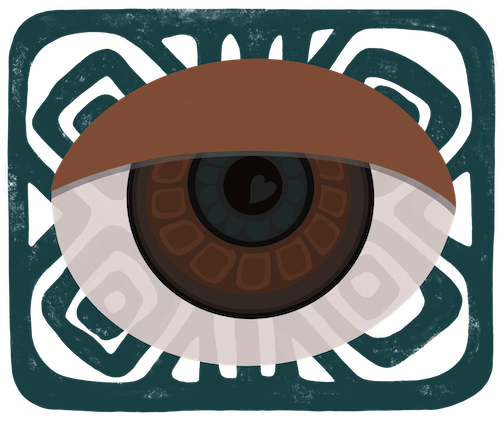Psychotherapy for Adults
During individual counseling sessions, we strive to offer a safe, caring and confidential space to explore feelings, beliefs and behaviors. We pay particular attention to your thoughts, feelings, and somatic (body-based experiences) to discuss past experiences and/or process current situations. You and your therapist will identify things you would like to change, improve your understanding of yourself and others, practice boundaries and set therapeutic goals. The focus is always about empowering and supporting you.
Below is a list of the most common reasons people usually enter counseling with me:
Anger/Frustration
Anxiety/Tension/Nerves
College Transition
Childhood Trauma
Decision-Making
Depression
Identity
Family Conflict
Grief/Loss
Life Transitions
Living a "double life"
Parenting
Relationship issues
PTSD
Systemic Oppression & Racism
Sexual Assault (recent or past)
Stress Management
Work and Family Conflict
& more
Psychotherapy for Teens
Counseling sessions with teens are focused on improving coping strategies, communication skills and interpersonal relationships. We will also learn to regulate emotions and impulses. I have extensive experience working with young people to help them develop successful identities, reduce stress and find more successful ways to get their needs met.
While working with teens, we involve parents during a portion of the assessment, when your teen expresses a danger to self and when your teen has made progress learning the targeted skills in order to practice the skills. Maintaining confidentiality is one of the key components to helping teenagers thrive in and out of therapy and will be respected throughout the course of the treatment.
We offer a variety of therapeutic techniques and I select the approach that best fits each individual. These approaches include cognitive-behavioral therapy, art techniques, EMDR, mindfulness, and psychodynamic/insight-oriented “talk” therapy and psycho-education. Specific areas of focused treatment include:
Anxiety and Depression
Adoption
Abuse (sexual, physical, neglect, maltreatment, torture)
Adjustment Difficulties
Bereavement and Grief
Body Image Issues
Bullying
Communication Issues
Family Conflict
LGBTQIA+ specialty
Relationship Issues
Social Skills
Self-Esteem
Teen violence
Procrastination
